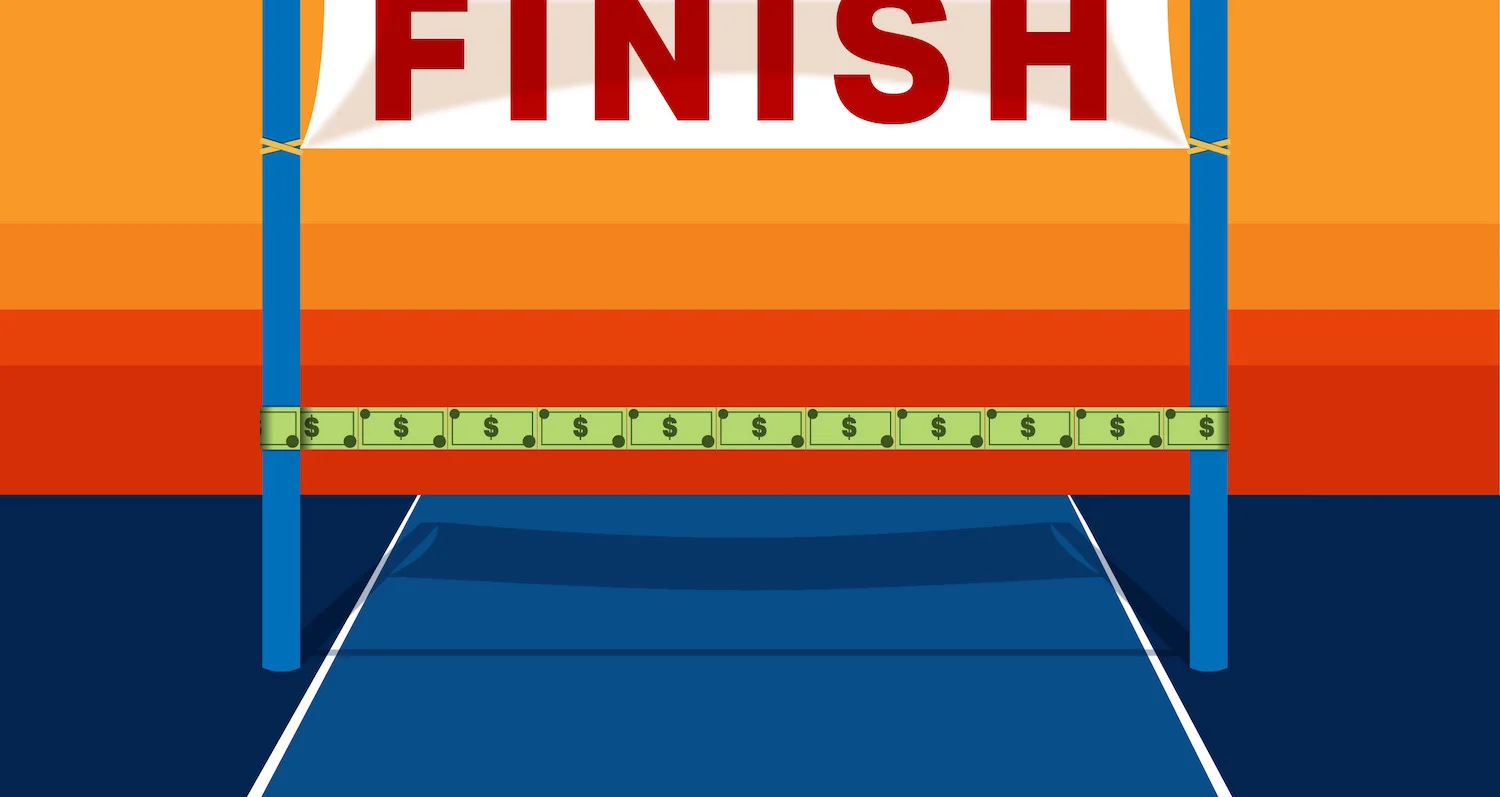Have you ever read a book about pricing? For most professionals, the answer is no. The people who buy your services, however, have completed entire courses of study around pricing, purchasing, and strategic sourcing. When procurement managers walk into a pricing negotiation, they’re very well-armed. On our side of the table is an executive trained in client service, often accompanied by someone from finance. But a background in marketing and accounting is hardly the same thing as deep expertise price negotiation strategies …
Have you experienced the “life-changing magic of tidying up” your residence? Such is the promise of the Japanese art of decluttering and organizing. The same exact principles apply to your business strategy. A firm that attempts to serve a broad swath of markets with a “complete” set of offerings has a cluttered business strategy …
Are you unwittingly cultivating less committed professional relationships when you tell the people in your firm that you trust them, then put in place dozens of ways of auditing how they work and how they spend their time …
Do the people in your firm complain about an overwhelming number of simultaneous priorities? Does every task and client request have an ASAP attached to it? Not every client has paid the price of a first-class seat in your organization, and your organization doesn’t have the human or economic resources to lavish first-class service on clients who only paid a coach price …
If a talented art director in your firm can design a brilliant logo in five minutes instead of five weeks, should you get paid less — or more — for it? In the flawed pay-by-the-hour system, the only way your firm could possibly capture the value you have created is for the art director to misrepresent the truth on her timesheet …
Given the pervasiveness of time tracking in professional services, it’s understandable that even those managers who have become convinced that recording time is an ineffective way of measuring success feel at a loss when looking for a metric to replace it. This article recommends 22 of them …
Business professionals have a voracious appetite for the “best practices” in their industry. But transformative changes in society are always the result of changing our thinking, not changing our practices. When we reform our paradigm — our mental map — we can’t help but change our practices …
The level of mutual trust between agencies and their clients is at an all-time low. There are many culprits, some historical and perennial, some temporary and episodic. The current debate over media “transparency” is a manifestation of the erosion of trust in agency-client relationships. But it is also symptomatic of the underlying cause of this mistrust …
The decline in the perceived value of advertising agencies can be closely correlated with their increasing propensity to dutifully fulfill “scopes of work” rather than proactively solve client problems. An unfortunate number of firms have forgotten that the role of the professional is to probe, question, and diagnose, not simply to provide services …
If your internal teams are continually raising the red flag about projects that are “over estimate,” this is almost always a misdiagnosis of the problem. The vast majority of agency assignments haven’t been properly scoped …
Who is the worst person to do the pricing in your firm? Many times it’s the CEO. It’s often the top people in the organization who are the most willing to discount fees and meet the demands of professional buyers…
Most firms feel they’re stuck on a treadmill when it comes to agency compensation. Actually, it’s more of a time warp. That’s because the cost-plus model employed in most agency-client agreements dates back to the early days of the industrial age …
It’s a curious fact that advertising agencies don’t know much about selling — at least when it comes to selling their own brand. Even though agency professionals show good sense (and sometimes sheer brilliance) when crafting messaging strategies for their clients, this is rarely applied to how they market themselves…
“Buyer beware” might also be described as “sold as is” — a warning about deals that seem too good to be true. Given the power currently ceded to procurement professionals inside client organizations, “caveat emptor” applies to agency-client relationships more than ever before...
(CLICK HEADLINE TO READ FULL ARTICLE)
Do you feel locked in a zero-sum game with the professional buyers of your services (procurement)? Most firms do. A zero-sum game is one in which gains for one party result in losses for the other party. In effect, each party is fighting for a bigger slice of the same pie ...
















